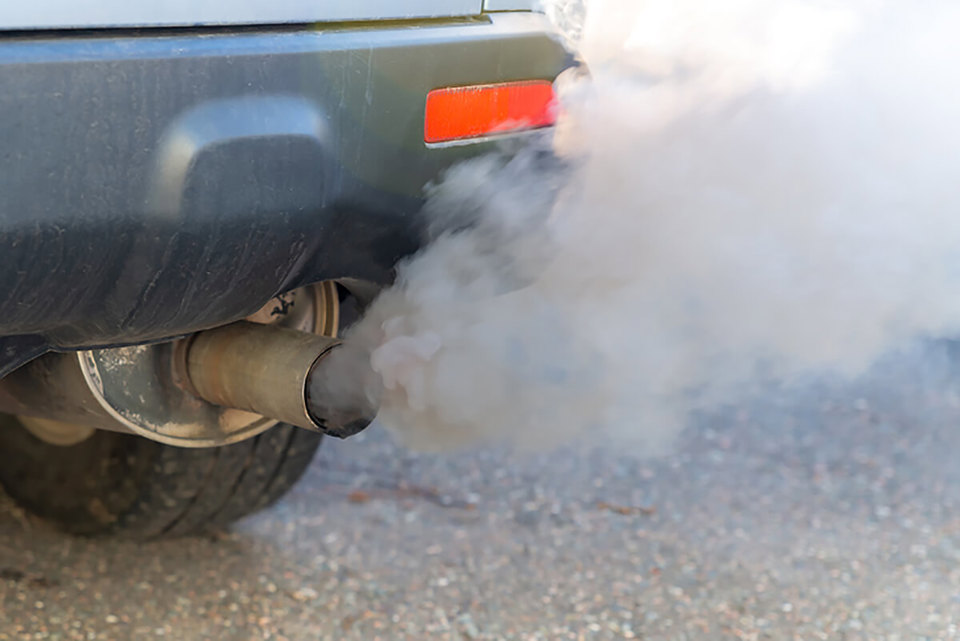European automobile manufacturers’ association ACEA has called for clarity after the European Parliament's environment committee rejected a proposal from the European Commission and member states on new emissions testing standards for diesel cars.
On October 28, the EC struck an agreement with member states on rules mandating new emissions testing standards for diesel cars amid public outrage over the scandal surrounding Volkswagen's cheated emissions reporting.
Under that compromise deal, starting in September 2017, new diesel car models would still be able to emit double the volume of pollutants allowed by legal standards. The limit is set to sink again in 2019.
The executive proposed rules for real driving emissions tests (RDE) to go into effect in 2016, and measure the emissions of cars once they're in use, scoring more accurate results than tests done in labs.
However, the environment committee rejected the proposals, arguing that they are not strict enough, and called on the EC to submit a new proposal by April 1 2016.
“Member states voted to support a tough compromise text on RDE, with an ambitious timeline for implementation, especially when considering the product lifecycle in the automobile industry,” said Erik Jonnaert, secretary general of ACEA.
“Despite this tremendous challenge, the industry urgently needs clarity so it can plan the development and design of vehicles in line with the new RDE requirements.
"If this legislation was to be delayed, the complete RDE roadmap would be put in jeopardy.”
Pollutant emission values resulting from testing conducted today are in line with the existing regulatory requirements.
When the Euro 6 emissions limits were introduced in 2007, only the laboratory test was available.
The purpose of the new RDE test is precisely to bridge the gap between the current laboratory emissions test, and the very different conditions experienced on the road.
“A rejection of the member states’ decision by the European Parliament in January would increase uncertainty for the industry and leave little time to make the necessary changes to vehicles and assembly lines,” said Jonnaert.
“Ultimately, it would delay the benefits for the environment.”















Login to comment
Comments
No comments have been made yet.